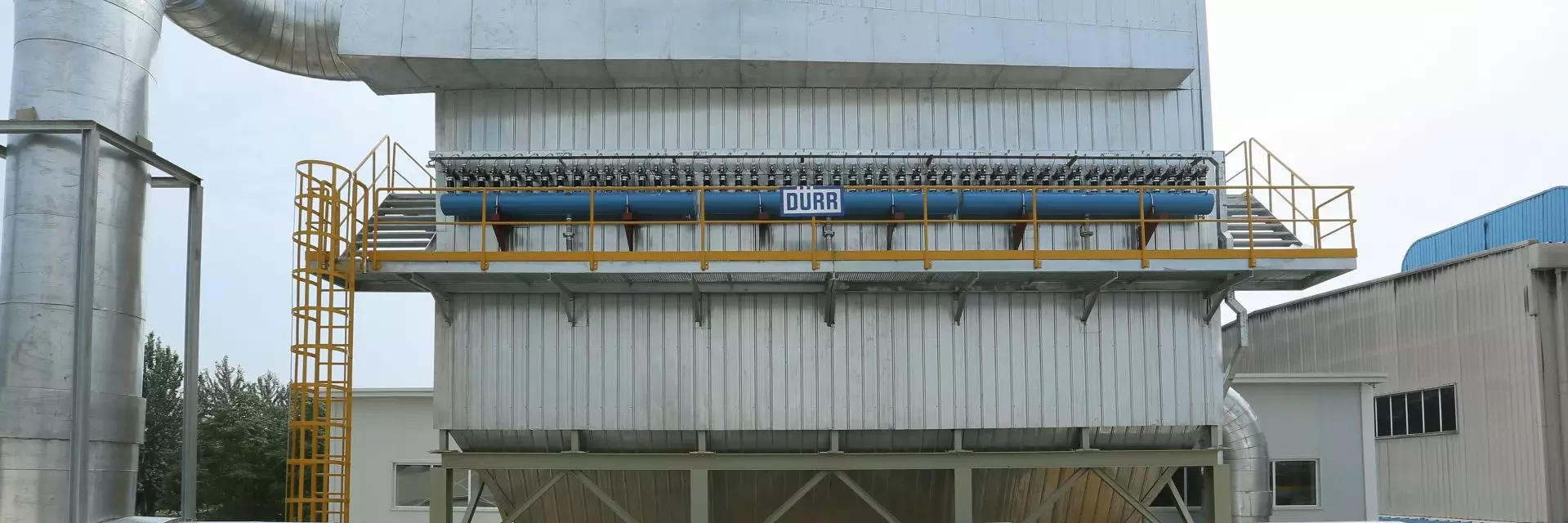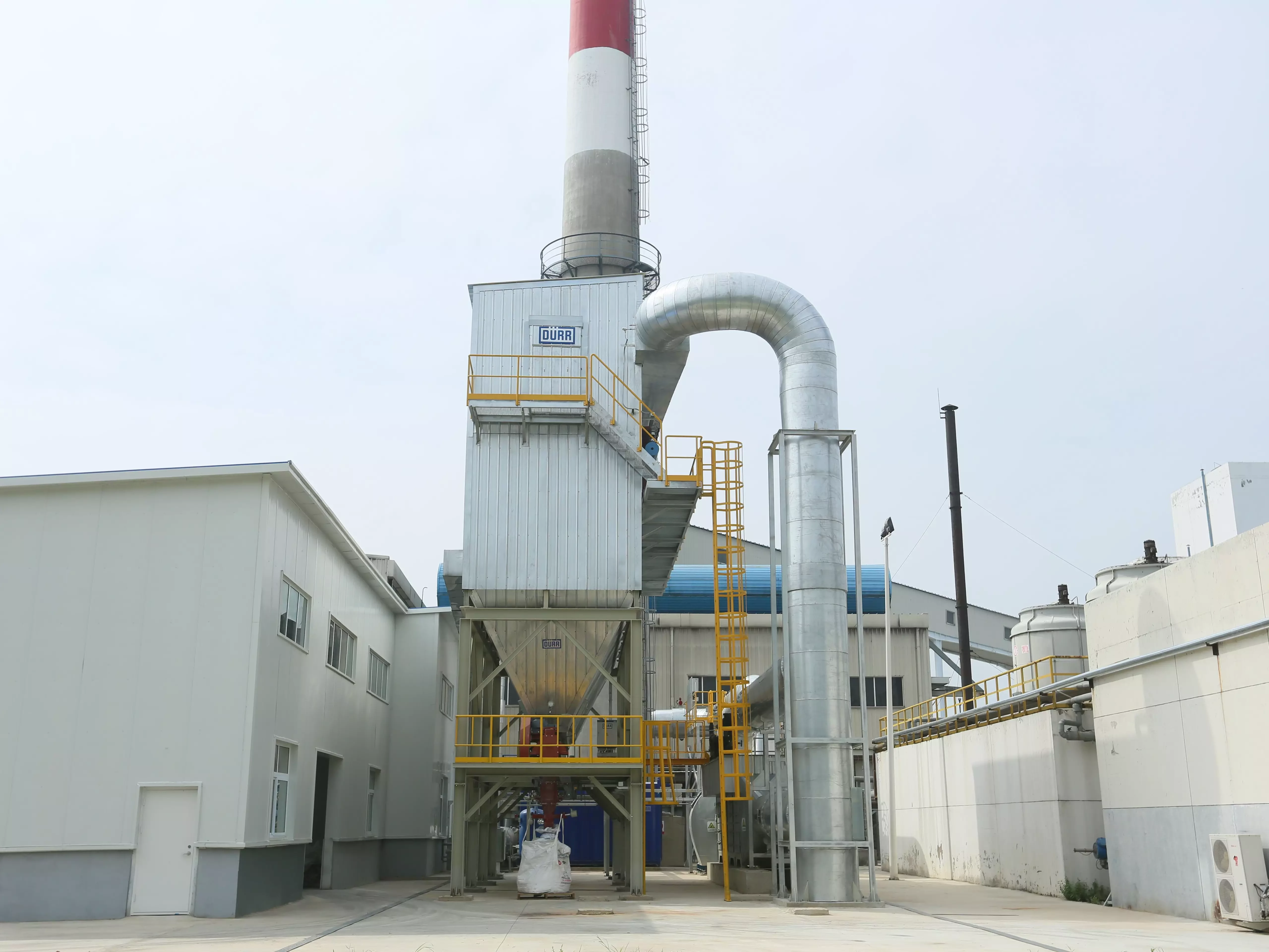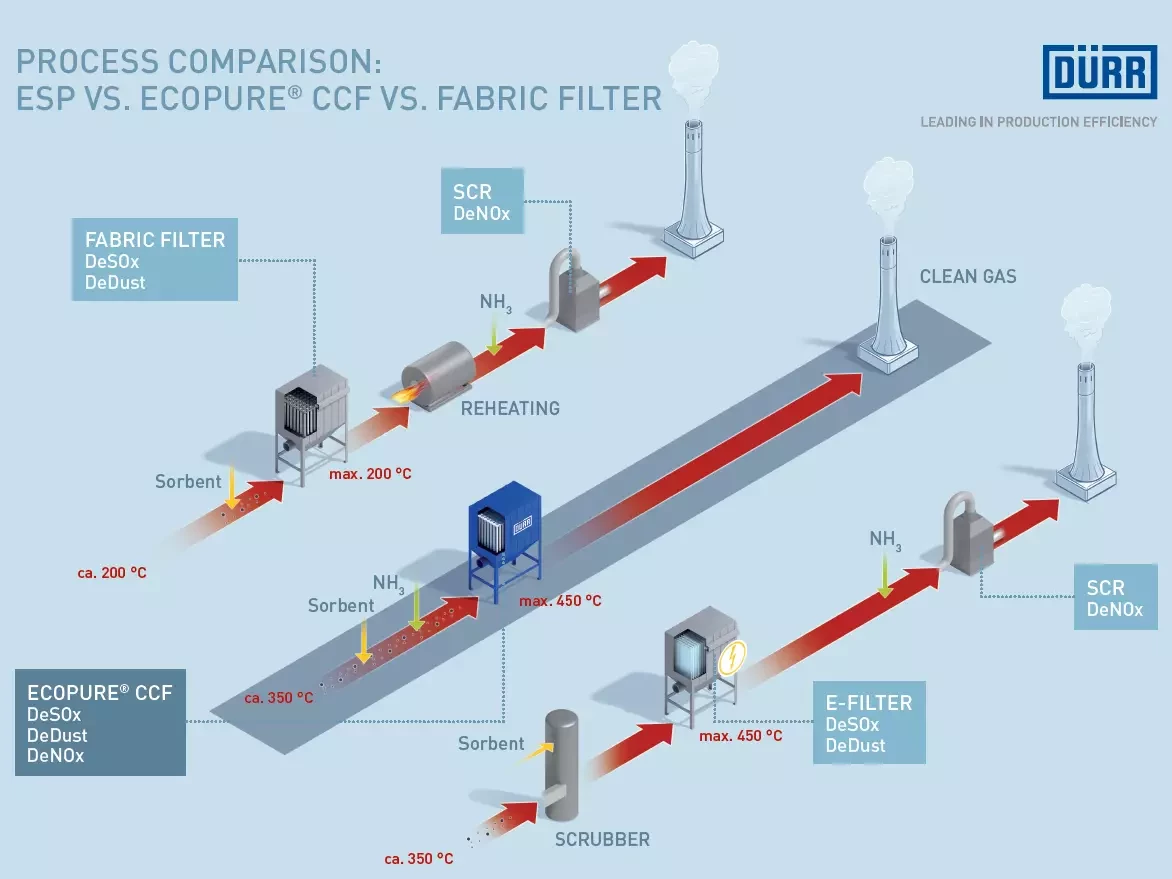A level 1 smog alert, the highest warning level for severely polluted air, was declared several times over the last year in the Chinese capital. Other provinces have been affected as well. When a smog alert is in effect, the local authorities impose driving bans and high-emission industries need to reduce their production or shut down completely. This also applies to the energy-intensive process of glass production, during which large quantities of pollutants are emitted. The high melting temperatures required to produce glass from various raw materials as well as cullet result in fuel related emission levels of nitrogen oxides (NOx), sulfur oxides (SOx), and dust.
Production 365 days a year
Exhaust air control is an important topic for Libbey, especially from an economic perspective. The American company, one of the world’s leading glassware companies, operates a large plant in Langfang near Beijing. The smelting furnace is designed to run 365 days a year.
Imposed production cuts due to reduced emission limits as shown in Table 1 mean limited throughput and a corresponding lower production volume. A complete production shutdown has an even more severe impact because the furnace has to be kept at a specific operating temperature at all times and the molten glass must be kept moving. Libbey aimed for preventing these negative impacts and subsequently installed a high performance exhaust gas purification technology from Dürr, ensuring reliable compliance with the current emission limits (Figure 1). Additionally, they were interested in having the potential to handle tightened emission limits in the event of smog alerts as shown in Table 1 or even allowing for continuous operation without production cuts.



